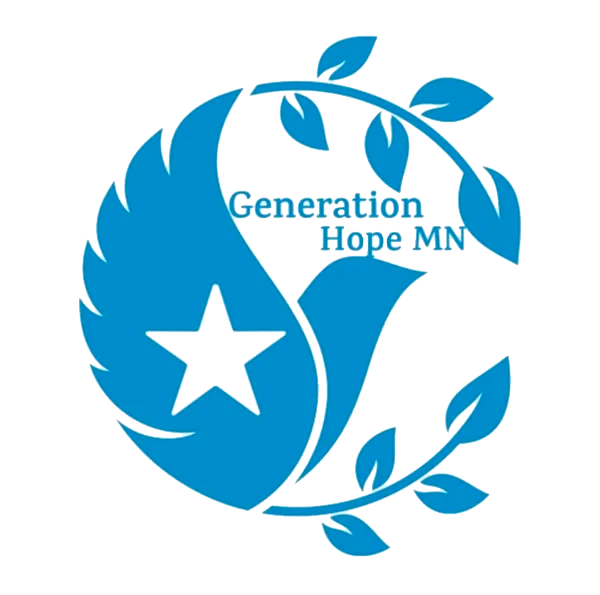Code of Ethics for Generation Hope MN
Preamble
Generation Hope MN is committed to fostering a culture of integrity, professionalism, and respect in all aspects of our operations. Our Code of Ethics outlines the principles and standards that guide the conduct of our Certified Peer Recovery Specialists (CPRS), employees, volunteers, contractors, and partners. These guidelines are essential to ensuring that our services are delivered with the utmost care, compassion, and accountability to our clients and the community we serve.
Core Ethical Principles
Respect for Individuals
Treat all clients with dignity and respect, recognizing their inherent worth and individuality.
Honor the cultural, social, and personal uniqueness of each client without bias.
Confidentiality
Maintain strict confidentiality of all client information and records.
Share information only with explicit client consent or when required by law.
Securely store all records and communications to protect client privacy.
Professional Boundaries
Maintain appropriate boundaries with clients to ensure professionalism and prevent conflicts of interest.
Avoid relationships or interactions that could exploit or harm clients.
Integrity and Honesty
Conduct all professional activities with honesty, transparency, and fairness.
Avoid any form of fraud, misrepresentation, or unethical behavior.
Competence
Provide services within the boundaries of your training, experience, and professional capabilities.
Pursue continuous professional development to enhance skills and knowledge.
Advocacy
Advocate for the rights, needs, and dignity of clients.
Empower clients to make informed decisions and take ownership of their recovery journey.
Non-Discrimination
Provide equitable services without discrimination based on race, gender, age, religion, disability, sexual orientation, or socioeconomic status.
Promote inclusivity and diversity within the recovery community.
Collaboration
Foster teamwork and collaboration with other professionals and organizations to provide comprehensive care.
Respect the expertise and roles of colleagues and partners.
Self-Care
Prioritize personal well-being to maintain the capacity to provide compassionate and effective care.
Seek support, supervision, or consultation as needed to address professional challenges.
Specific Standards of Conduct
Fraud Prevention
Do not engage in fraudulent billing, misrepresentation of services, or falsification of records.
Report any discrepancies or unethical practices immediately to management.
Confidentiality and Record-Keeping
Ensure that all client interactions and records are documented accurately and securely.
Adhere to all applicable laws and organizational policies regarding data protection.
Client Care and Engagement
Engage with clients in a supportive and empathetic manner.
Regularly assess and adjust support plans to meet clients' evolving needs.
Crisis Management
Be prepared to respond to client crises promptly and effectively.
Follow organizational protocols for crisis intervention and reporting.
Ethical Decision-Making
Use ethical frameworks to guide actions and resolve dilemmas.
Seek guidance or supervision when faced with complex ethical issues.
Operational Standards for CPRS Staff
Client Engagement
Meet with clients regularly to support their recovery goals.
Document all client interactions thoroughly, including objectives, outcomes, and follow-up actions.
Documentation Standards
Maintain consistent and detailed documentation for all client interactions.
Submit records promptly to ensure accurate tracking of progress.
Work Accountability
Report work hours accurately and adhere to GPS tracking requirements when applicable.
Disabling tracking or providing false reports will result in disciplinary action.
Administrative Time
Utilize allocated administrative time effectively for documentation, supervision, and training.
Submit requests for additional administrative time if necessary, with justification.
Professional Development
Attend all mandatory meetings, training sessions, and supervision.
Engage in continuous learning to maintain and enhance professional competencies.
Reimbursement Policy
Follow established guidelines for mileage and other reimbursable expenses.
Submit accurate and timely requests for reimbursement, adhering to monthly caps.
Acknowledgement and Accountability
By adhering to this Code of Ethics, all Generation Hope MN staff, contractors, and partners contribute to the trust and respect of our clients and the broader community. Violations of this Code may result in disciplinary actions, up to and including termination of employment or partnership agreements.
